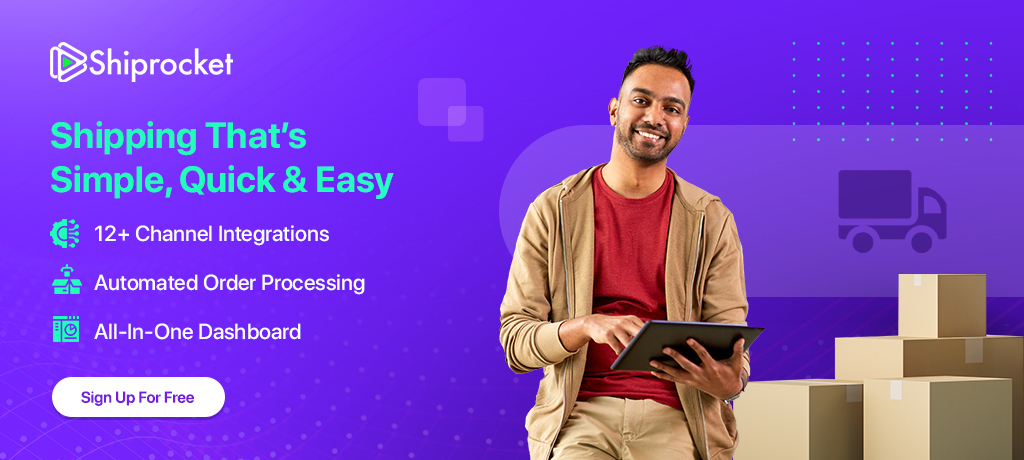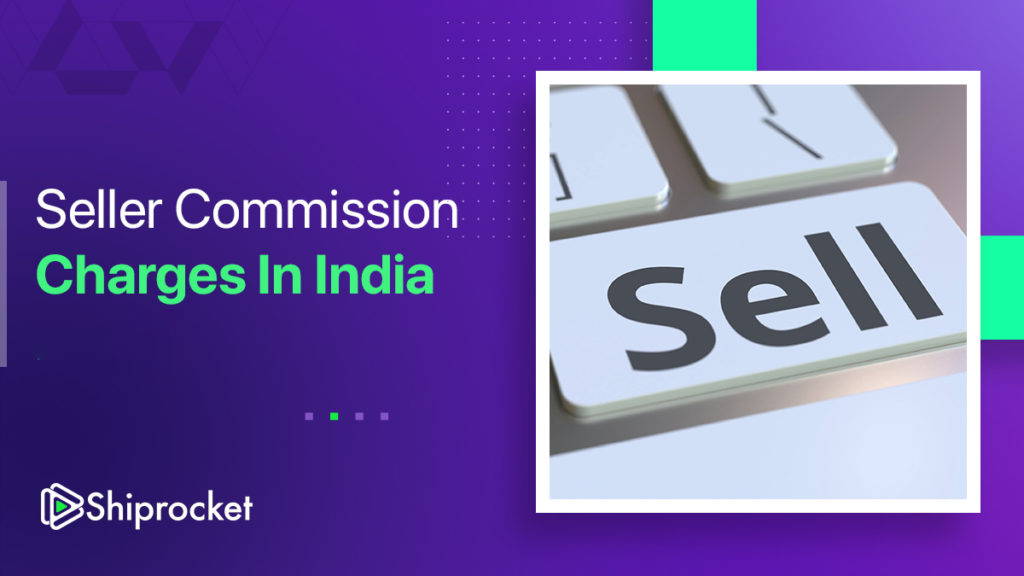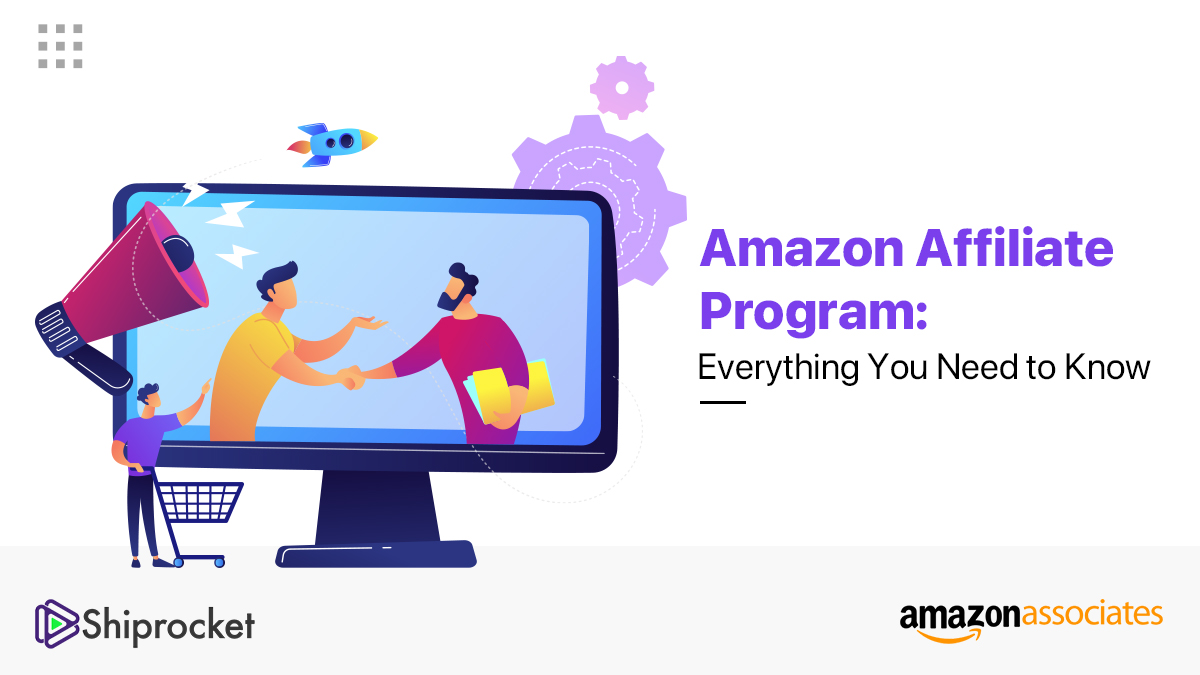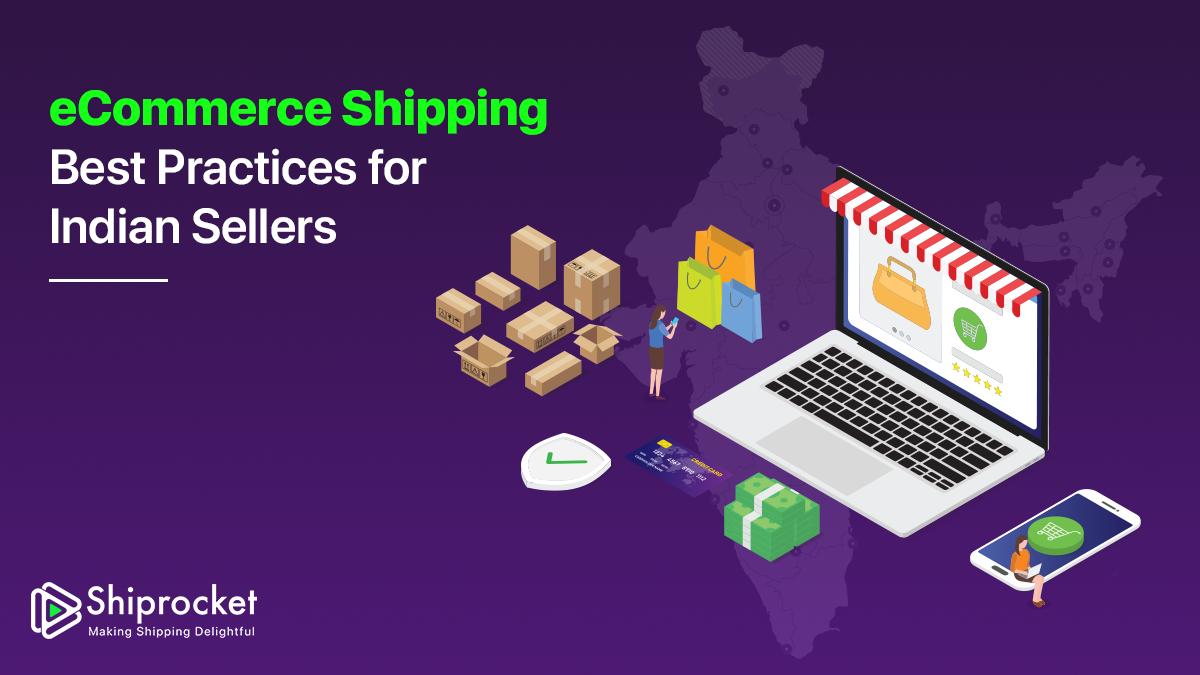What is Last-Mile Delivery Logistics in eCommerce?
‘Last mile delivery’ in eCommerce refers to the last leg of a shipment’s movement before it reaches the buyer’s address or the final destination.
Sucharita Mulpuru from Forrester Research says,
“the ‘last mile’ for an eCommerce company is ‘the moment that matters’.”
This is, therefore, a crucial factor that forms an integral part of your business and involves long term planning. The last phase of delivery is referred to as the ‘lock-in’ period for your customer.

The concept of ‘last-mile delivery’ as already stated, involves strategic planning with the primary focus on customer satisfaction. This is only achievable with a dedicated service and an aim to establish a loyal customer base.
Creating a Loyal Customer Base
The creation of a loyal set of customers is not an easy task. It involves a thorough understanding of customer needs. The needs of customers might vary from one to another, and for an eCommerce company, it is essential to identify them and address them accordingly. For some clients, deliveries should be made during a particular period of the day, while for others packaging could be a concern. These specific demands need to be satisfied with an online retail company if it has to win over customers.
The Complexities Involved in the Last-Mile Delivery
Last-mile delivery can be a challenging task. Complexities in deliveries arise because in most cases eCommerce companies have to depend on logistics organizations. The responsibility of carrying eCommerce shipments lies with these companies, and hence deliveries are primarily dependent on their efficiency.
For even the most dependable logistics companies the ‘last-mile delivery’ is often the deal-breaker or most difficult phase of their task execution.
For an eCommerce company, appointing a dedicated logistics unit is indeed a difficult task. In fact, appointing courier companies implies the outsourcing of deliveries. Here two factors are involved, safety and punctuality. Though a retail company takes the responsibility of packing material, the safety of the item during transit lies entirely with the logistics company. Further, the possibility of delayed or wrong deliveries cannot be ruled out.
It has been found that damages while carrying shipments occur mostly in the ‘last mile’. And of course, punctuality is definitely a major concern for both the eCommerce company and the logistics provider.
To develop trust with the customer, and provide regular updates, a tracking system is always desirable. This increases the trust between the supplier and the buyer of commodities. An option to tracking shipments must be available until the shipment is delivered.
The Future of Last-Mile Delivery Logistics Solutions
‘Last-Mile Deliveries’ are a concept of concern for both eCommerce and logistics companies. For making things smoother between sellers and buyers, the use of technology needs to be increased. The changes that are expected in the near future include:
- Better interfacing between customers on one side, and eCommerce company and logistics company on the other.
- Introduction of applications for every kind of Internet-accessible device so that communication becomes faster and more purposive.
- Timely data collection and interpretation for a better understanding of customer behavior.
- Improvement in warehousing and storage facilities for faster and safer movement of consignments.
Last-mile delivery is an area of concern for an eCommerce company as its respectability and trustworthiness are dependent on it.








Last mile delivery enables you to manage the last mile logistics efficiently. It should be web and mobile based solution that brings visibility to your last mile order status both for your team and field executives. It brings efficiency to the system by removing manual intervention and takes your dispatch sheet online.